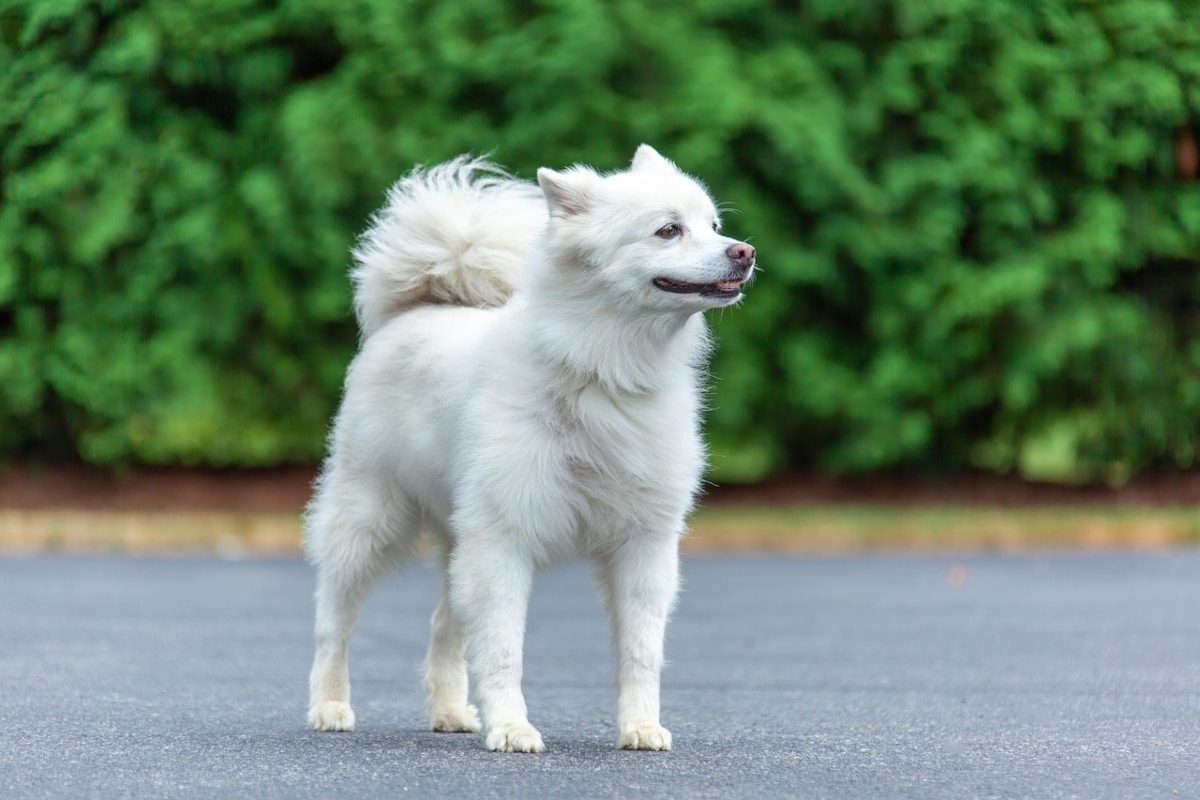 Shutterstock
Shutterstock
Problem-solving dogs aren’t just clever—they’re practically furry engineers with a knack for turning puzzle toys into personal challenges. These breeds are built for brains. They don’t just sit and stay; they observe, analyze, and occasionally outsmart their humans. Whether they’re unlocking latches, mastering complex tricks, or figuring out how to open the treat drawer (again), these dogs need more than a daily walk—they crave mental stimulation. Brain games, interactive puzzles, and anything that makes them think are their idea of a good time.
Border Collie
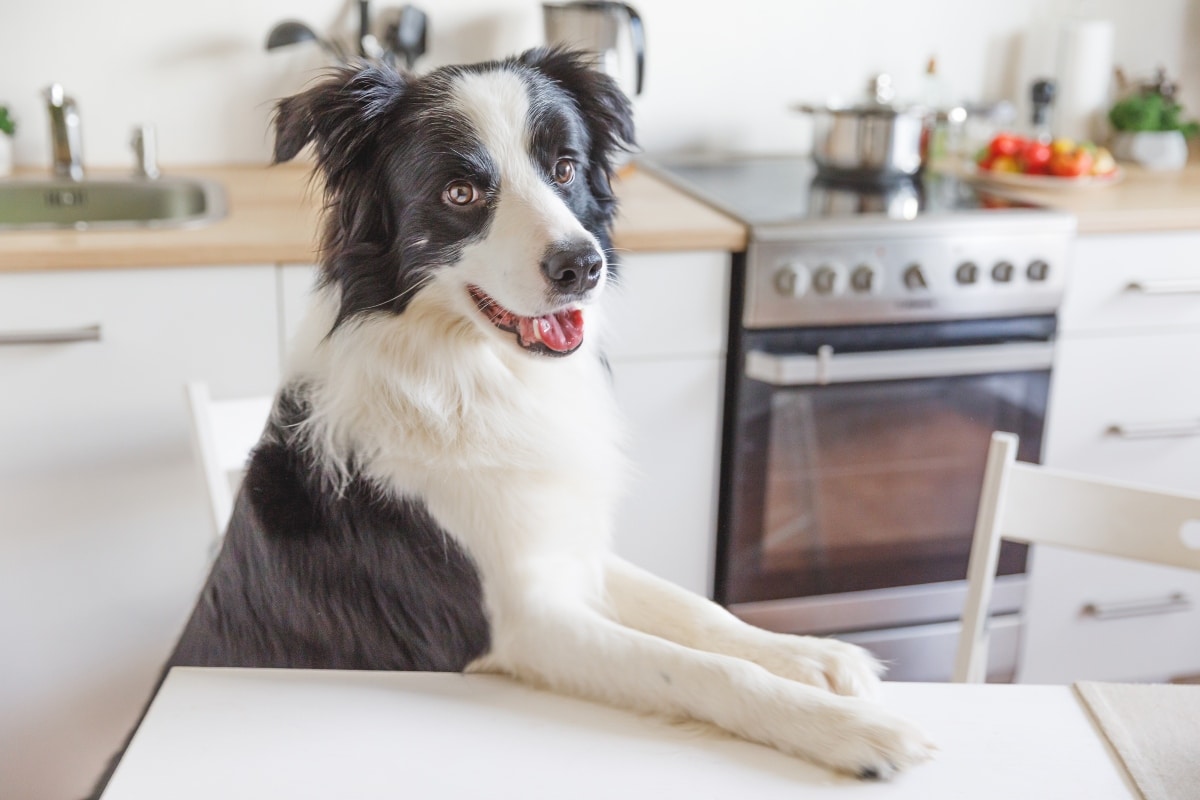 Shutterstock
Shutterstock
Border Collies aren’t just smart—they’re problem-solving machines disguised as fluffy athletes. Originally bred for herding sheep with almost telepathic precision, their intelligence is off the charts. These dogs thrive on mental stimulation and often invent games if you don’t provide them. Left to their own devices, they might herd your furniture or memorize the pattern of the mail carrier’s route. With a Border Collie, brain games aren’t optional—they’re required to keep them happy and out of mischief.
Belgian Malinois
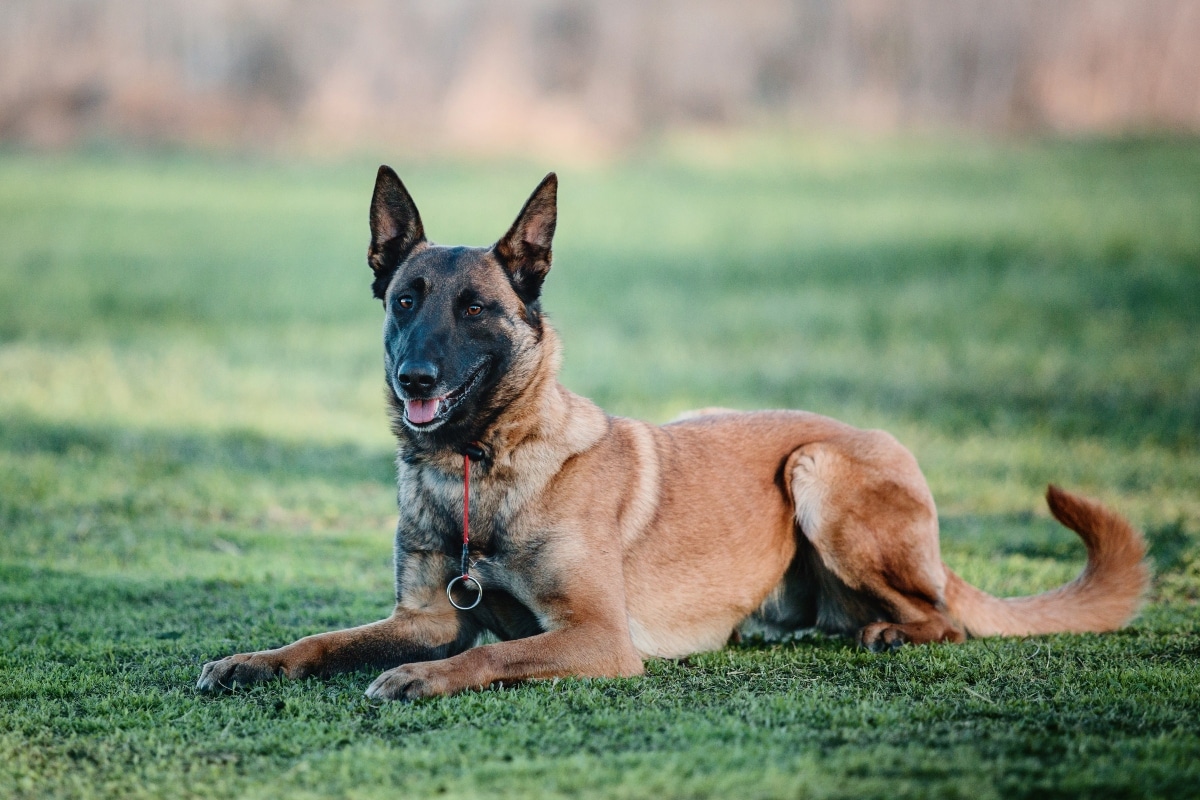 Shutterstock
Shutterstock
Belgian Malinois is like the overachiever in class who also runs the school. These dogs are used in police and military work for a reason—they can assess situations quickly and respond with near-human judgment. They love tasks, routines, and mentally engaging challenges. Training sessions become thrilling puzzle games for them, and they’re always looking for the next way to impress you—or get a treat. Be prepared to keep up, because this breed is always ten steps ahead.
Australian Cattle Dog
 Shutterstock
Shutterstock
Australian Cattle Dogs have a no-nonsense work ethic and a brain to match. Bred to herd cattle across rugged terrain, these dogs are excellent at independent decision-making and problem-solving. Give them a complex toy or hide their treats in a puzzle box, and they’ll treat it like an escape room challenge. Without mental stimulation, they get bored fast, and a bored Cattle Dog is a redecorator of furniture and a destroyer of unattended shoes. Keep their minds busy, and they’ll reward you with loyalty and brilliance.
Pumi
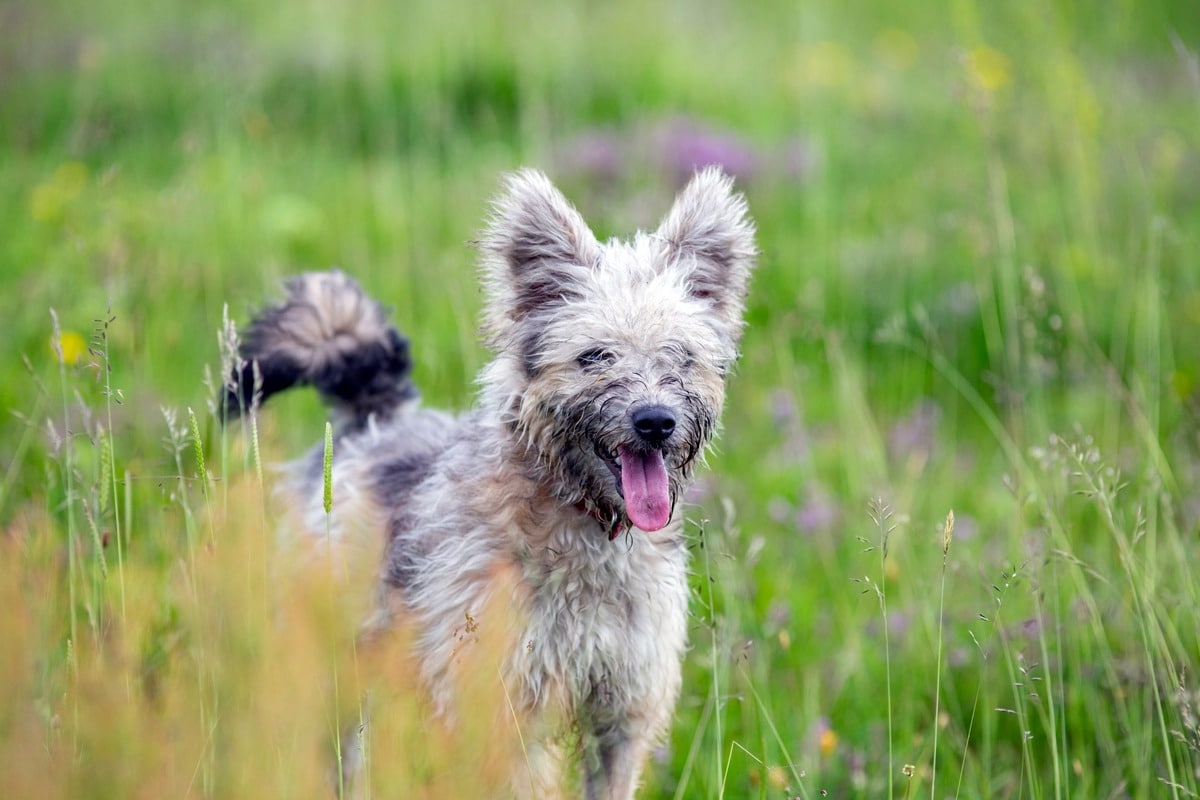 Shutterstock
Shutterstock
This curly-coated Hungarian herder is a bouncing bundle of energy and intellect. The Pumi is agile, alert, and incredibly responsive to training, especially when that training involves games and tasks. They’re great at learning tricks, solving puzzles, and navigating agility courses like it’s their playground. If you have a Pumi, think of them as a puzzle-loving cartoon character—always ready with a plan and a spring in their step.
German Shepherd
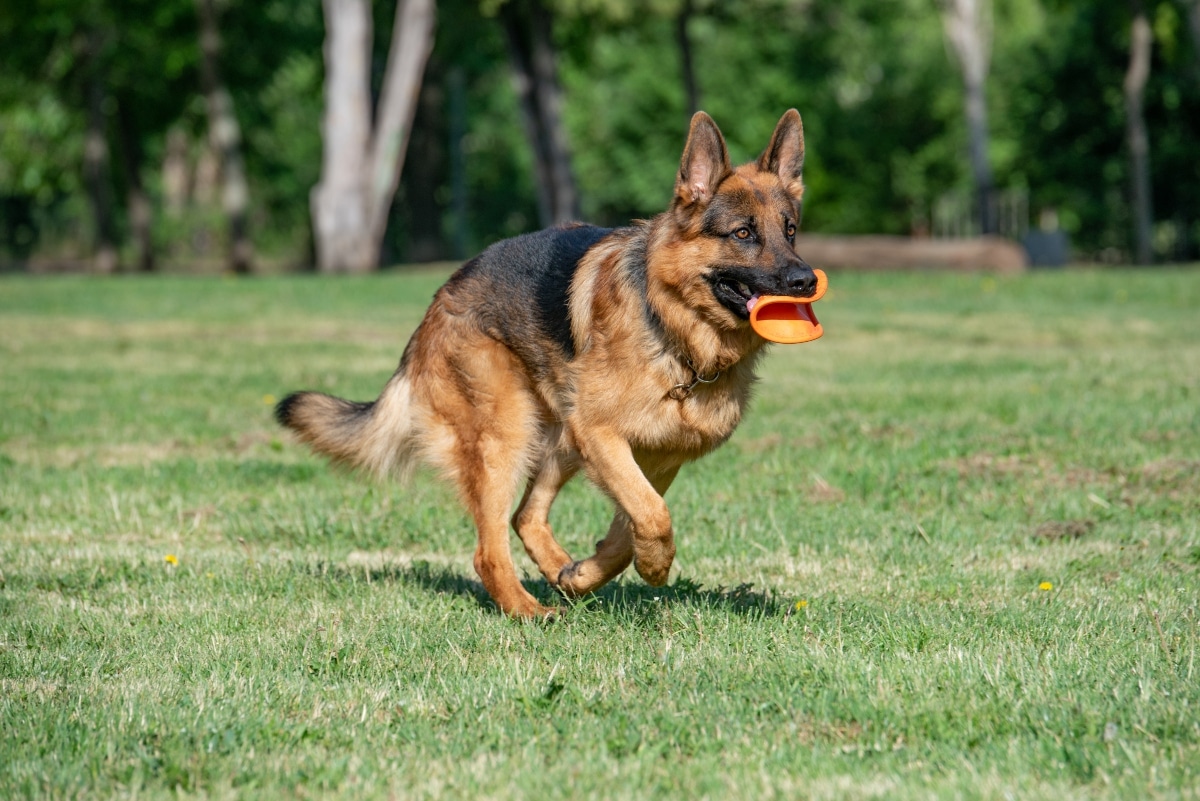 Shutterstock
Shutterstock
German Shepherds are brainy and bold, making them ideal for brain games, trick training, and complex tasks. Known for their roles in police and service work, these dogs love a mental challenge almost as much as they love pleasing their person. From advanced obedience drills to scent work, they soak up new information like sponges.
Shetland Sheepdog
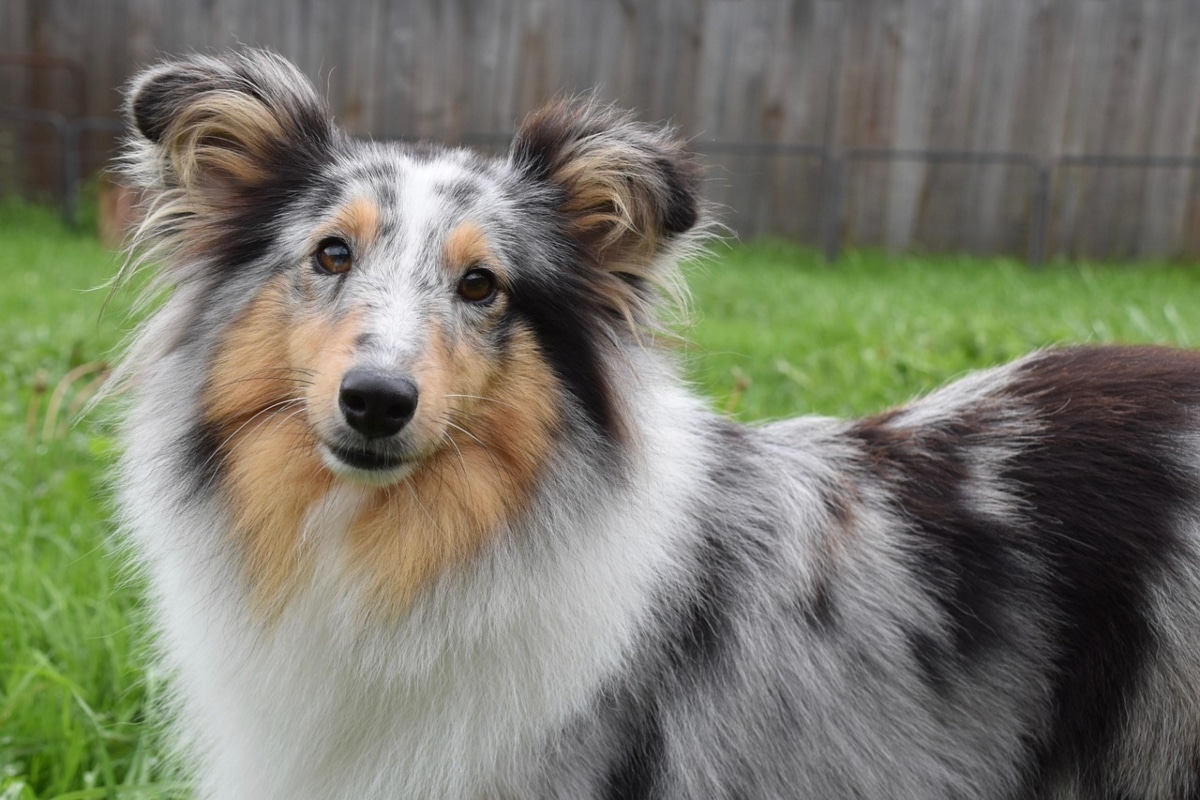 Shutterstock
Shutterstock
Shetland Sheepdogs, or Shelties, are tiny geniuses in fluffy coats. Don’t let their pretty faces fool you—these dogs are thinkers, not loungers. Originally bred to herd sheep on the Shetland Islands, they have keen problem-solving abilities and a real knack for learning complicated commands. Shelties excel at puzzle games and love anything that lets them use their minds, from hide-and-seek to trick routines.
Papillon
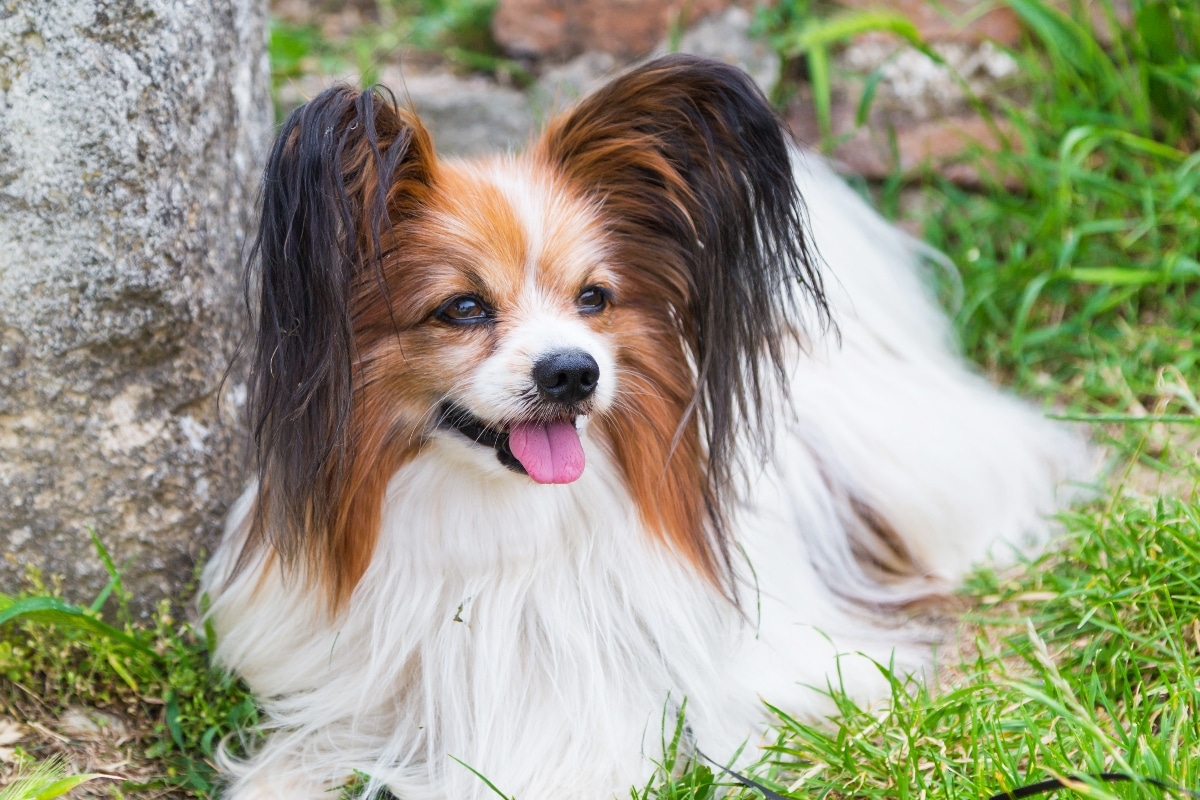 Shutterstock
Shutterstock
Papillon may be small, but their brain power is huge. These little dogs are quick-witted, responsive, and love to be challenged. They excel at agility, trick competitions, and anything that rewards cleverness over brawn. Because they’re so eager to please and fast learners, you’ll need a rotating selection of brain games to keep them entertained. If you think you’re training a Papillon, chances are they’re actually training you.
Nova Scotia Duck Tolling Retriever
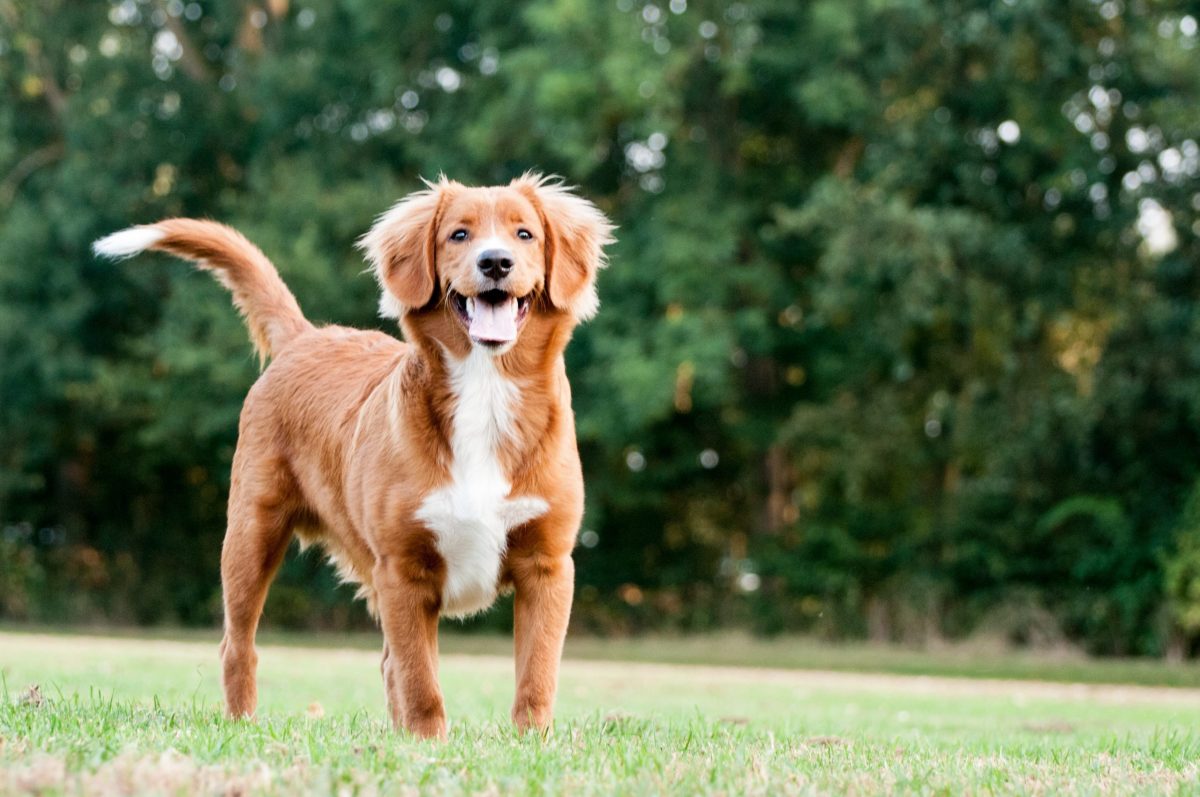 Shutterstock
Shutterstock
This active, fox-like retriever is clever, energetic, and a natural problem-solver. Bred to lure and retrieve waterfowl, Tollers use both instinct and intelligence in their work. In the home, they love mentally engaging games and interactive toys. Teach them how to fetch specific toys by name, or create a mini obstacle course—they’ll master it quickly and ask for a harder one. These dogs are thinkers who also happen to love splashing in water, making brainy bath time games a real hit.
Finnish Lapphund
 Shutterstock
Shutterstock
The Finnish Lapphund is calm, observant, and quietly intelligent. Traditionally used for herding reindeer, they’re independent thinkers who assess situations before acting. While they’re not as hyper-focused as some other working breeds, they are intuitive and excel at tasks requiring logic and memory. They enjoy brain games that are more about strategy than speed, and you’ll find they’re very motivated to outwit a toy if there’s a snack inside. They’re thinkers, not show-offs—but they get the job done.
Standard Poodle
 Shutterstock
Shutterstock
Poodles are often remembered for their posh looks, but it’s their brains that really steal the show. The Standard Poodle, especially, is a master at learning tricks, following complex commands, and figuring out how to get exactly what it wants. They excel at problem-solving games, from memory-based toys to obedience routines that involve multiple steps. Their cleverness and trainability make them ideal companions for anyone who loves interactive play—and who doesn’t mind being outsmarted now and then.
American Eskimo Dog
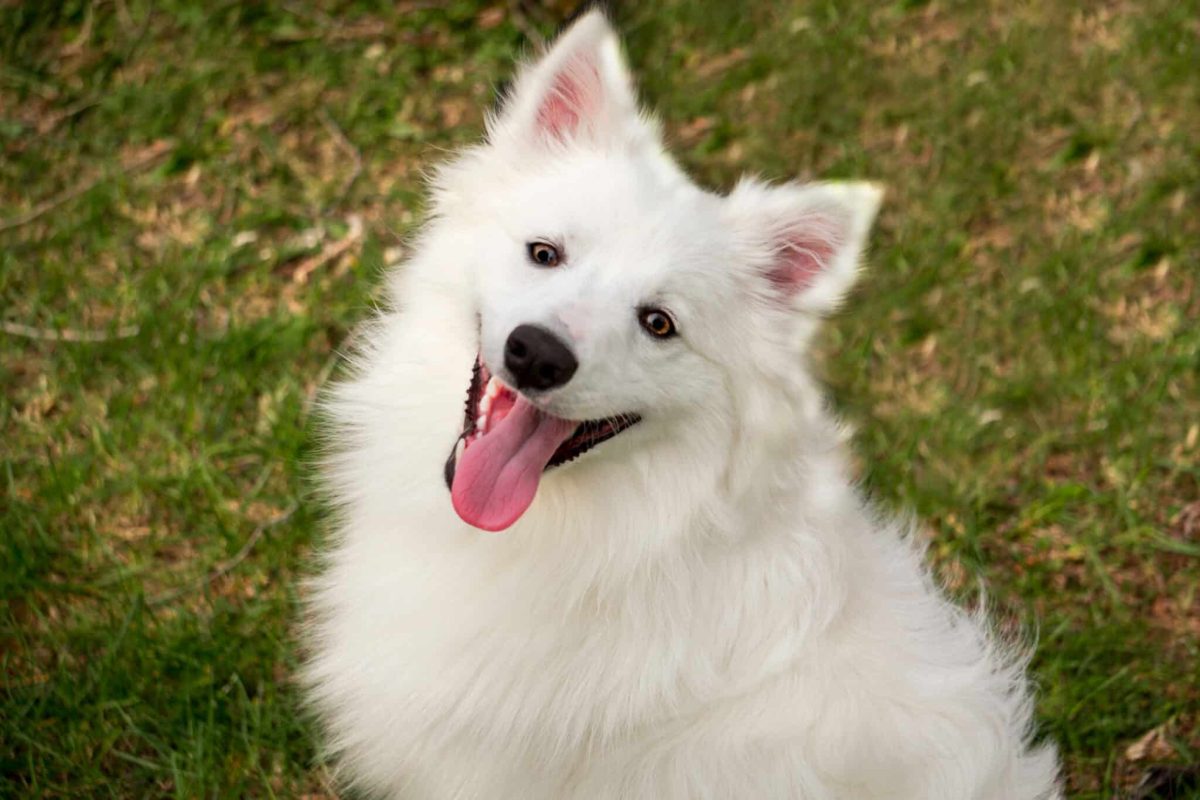 Shutterstock
Shutterstock
American Eskimo Dogs are both adorable and brilliant, with the kind of mental energy that never really shuts off. They’re alert, responsive, and always up for a challenge. These dogs love to figure things out, whether it’s a treat-dispensing toy or how to open a latch gate you swore was secure. Mental stimulation is key with this breed, or they’ll invent their own games, which may involve your laundry or your unsuspecting cat.
The Brainy Bunch That Outsmarts the Best of Us
 Shutterstock
Shutterstock
Whether they’re solving puzzle toys or quietly unlocking the snack cabinet, these brainy pups are always one paw ahead. Living with one feels like sharing space with a furry mastermind who might be plotting your next surprise. Keep their minds busy, and they’ll return the favor with loyalty, laughs, and moments that make you question who’s training who. They don’t just play games—they win them. And if your dog starts eyeing your phone, maybe it’s time to change that password.

 1 month ago
20
1 month ago
20

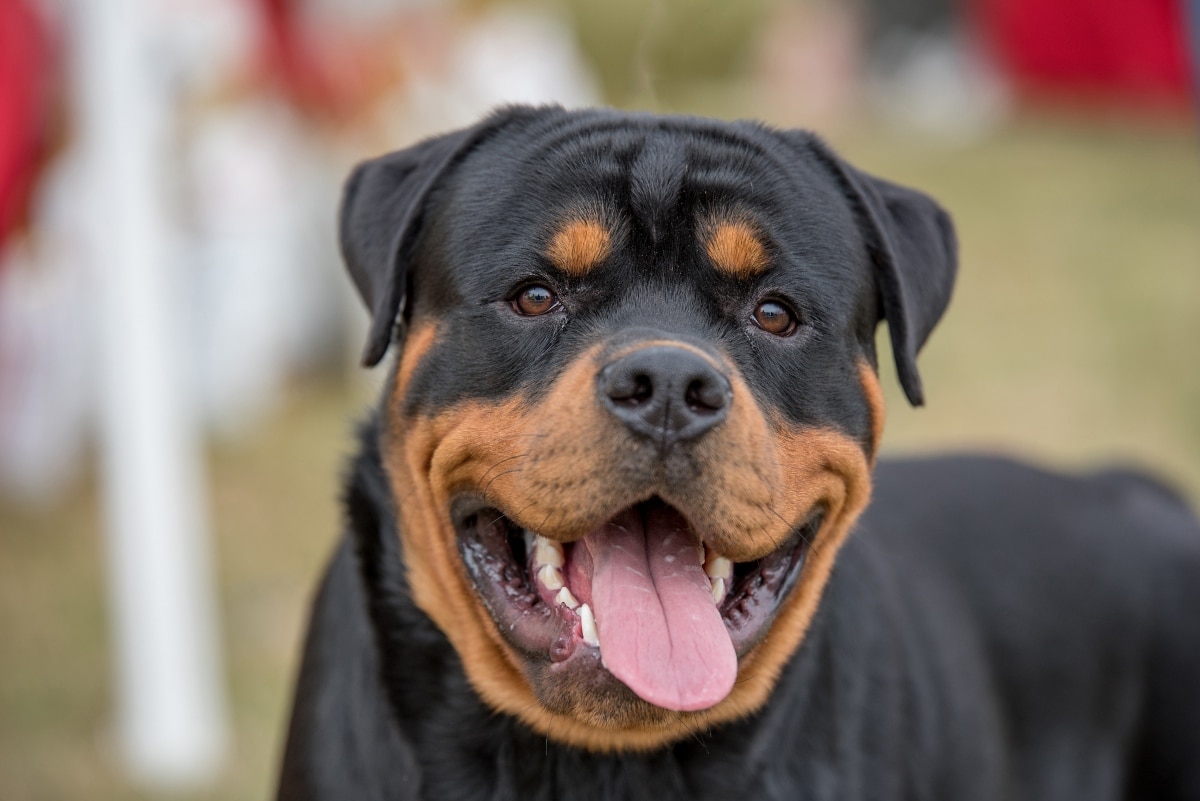




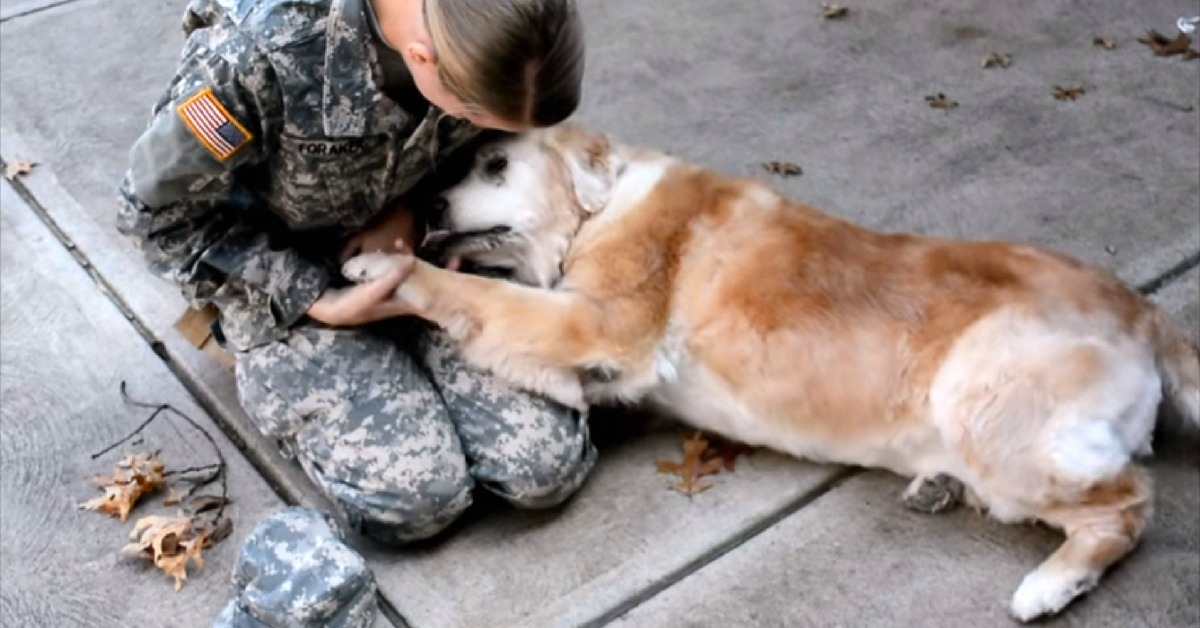


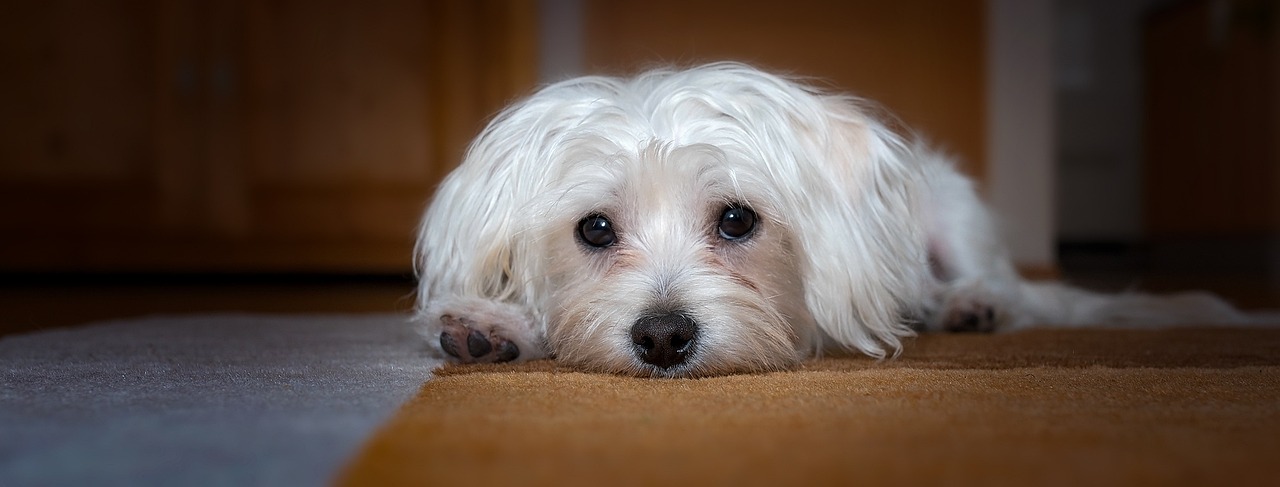

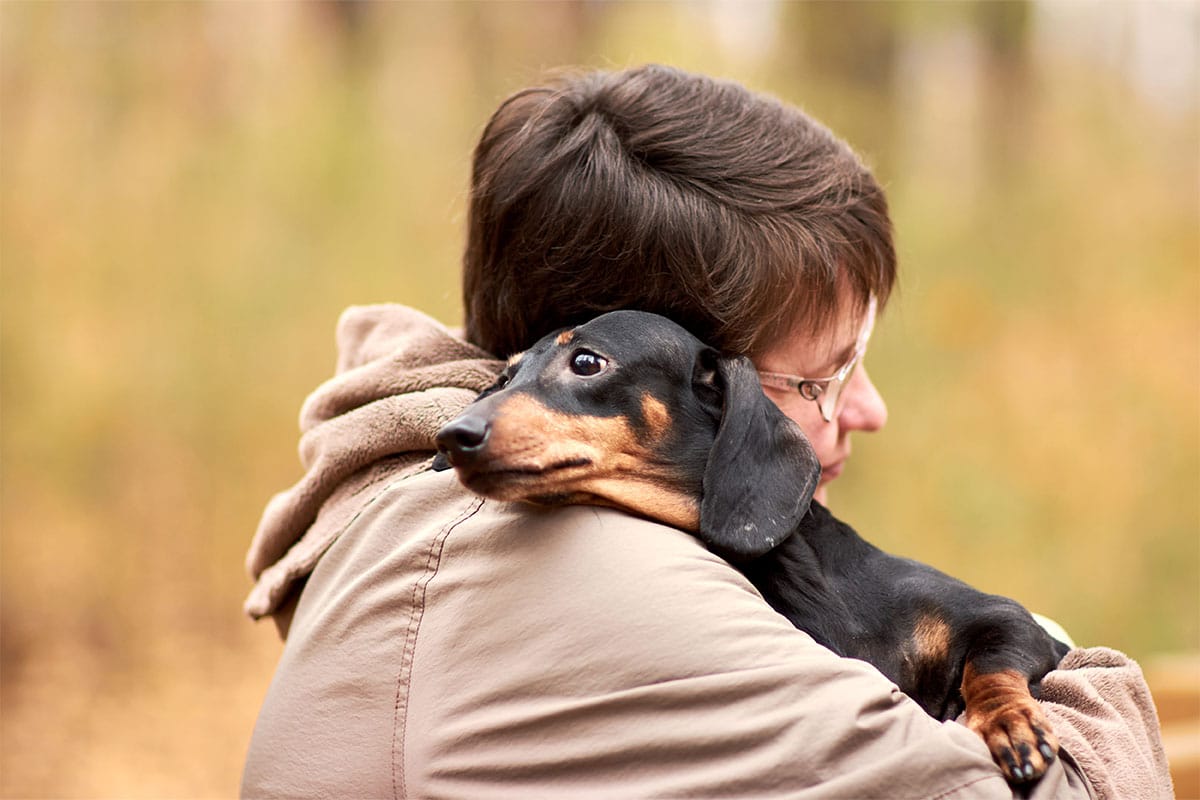
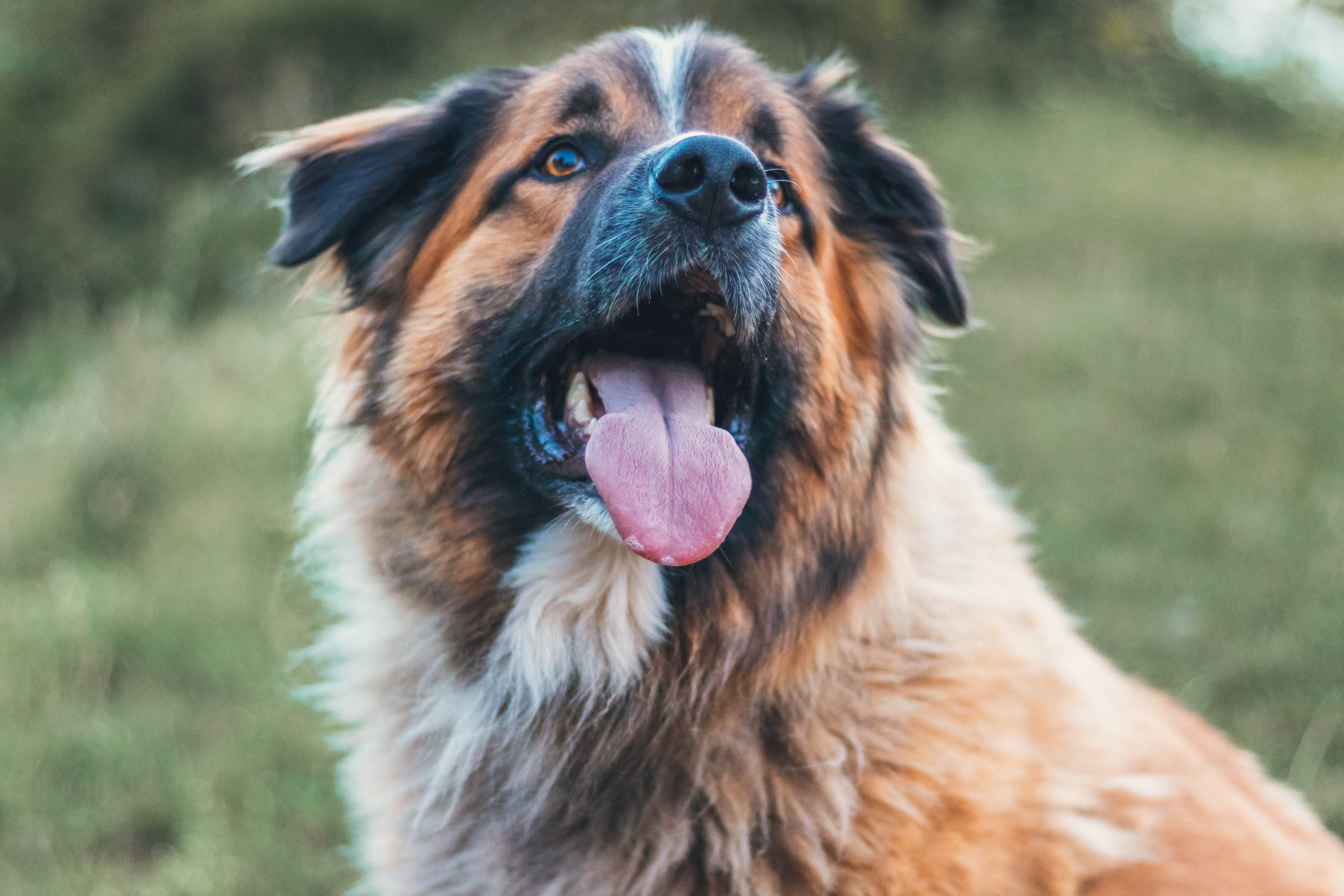

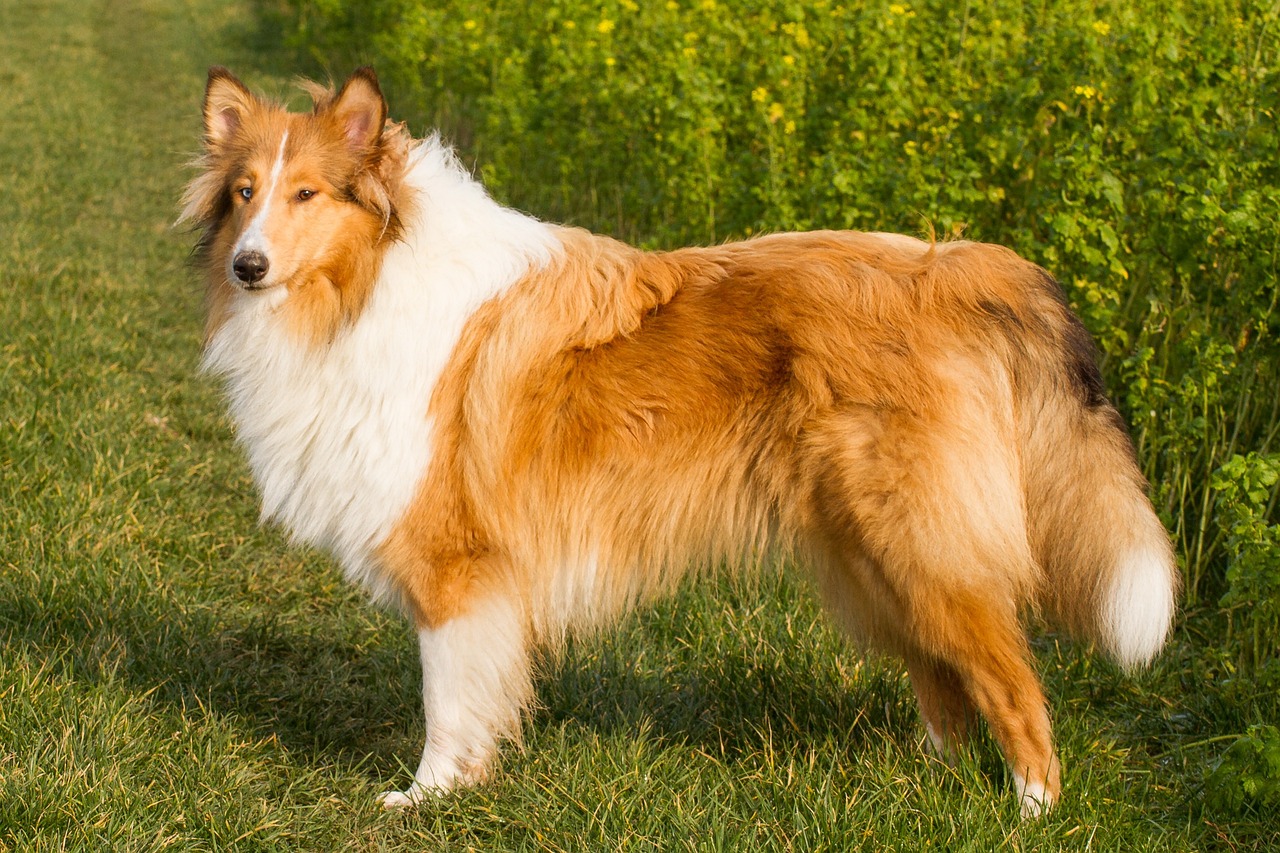



 English (US) ·
English (US) ·